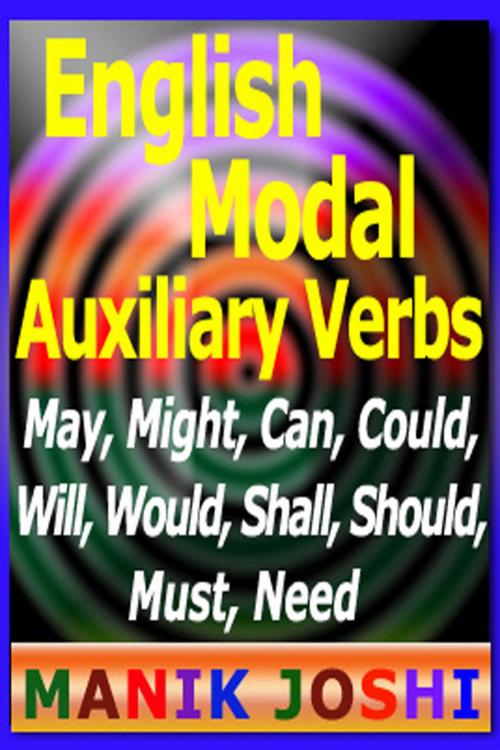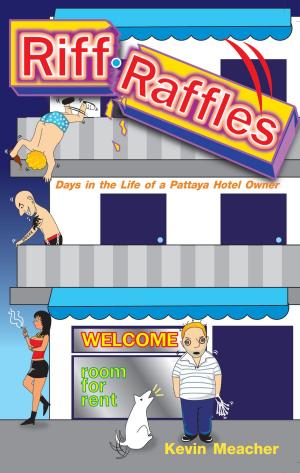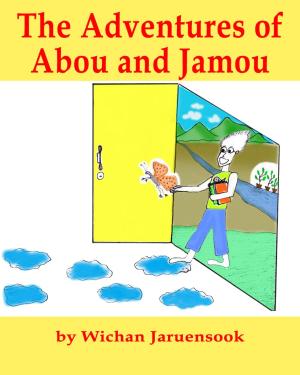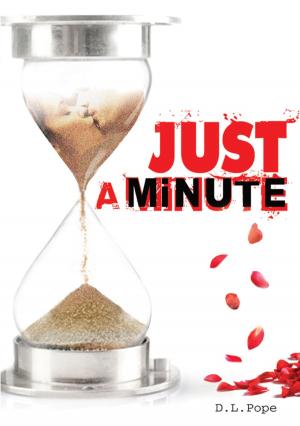English Modal Auxiliary Verbs
May, Might, Can, Could, Will, Would, Shall, Should, Must, Need
Nonfiction, Reference & Language, Education & Teaching, Reference| Author: | Manik Joshi | ISBN: | 9786162222436 |
| Publisher: | booksmango | Publication: | September 10, 2013 |
| Imprint: | booksmango.com | Language: | English |
| Author: | Manik Joshi |
| ISBN: | 9786162222436 |
| Publisher: | booksmango |
| Publication: | September 10, 2013 |
| Imprint: | booksmango.com |
| Language: | English |
English Modal Auxiliary Verbs - May, Might, Can, Could, Will, Would, Shall, Should, Must, Need, Dare, Used(to), Ought(to)
‘May And Might’ Are Used To Denote Possibility, Compulsion, Obligation, Probability (In Present And Future)
‘Can And Could’ Are Used To Express - Ability, Probability, Possibility, Suggestion, Request, Condition
'Will And Would’ Are Used To Express - Action In Future, Present Habit, Compulsion, Obligation
‘Shall And Should’ Are Used To Express - Action In Future, Suggestion, Surprise, Importance Or Purpose
‘Must’ Is Used To Denote Logical Conclusions, Necessity, Event Occurring Definitely In Present, Event Occurring Definitely In Past
Different Patterns For Using Modal Auxiliary Verbs
English Modal Auxiliary Verbs - May, Might, Can, Could, Will, Would, Shall, Should, Must, Need, Dare, Used(to), Ought(to)
‘May And Might’ Are Used To Denote Possibility, Compulsion, Obligation, Probability (In Present And Future)
‘Can And Could’ Are Used To Express - Ability, Probability, Possibility, Suggestion, Request, Condition
'Will And Would’ Are Used To Express - Action In Future, Present Habit, Compulsion, Obligation
‘Shall And Should’ Are Used To Express - Action In Future, Suggestion, Surprise, Importance Or Purpose
‘Must’ Is Used To Denote Logical Conclusions, Necessity, Event Occurring Definitely In Present, Event Occurring Definitely In Past
Different Patterns For Using Modal Auxiliary Verbs















